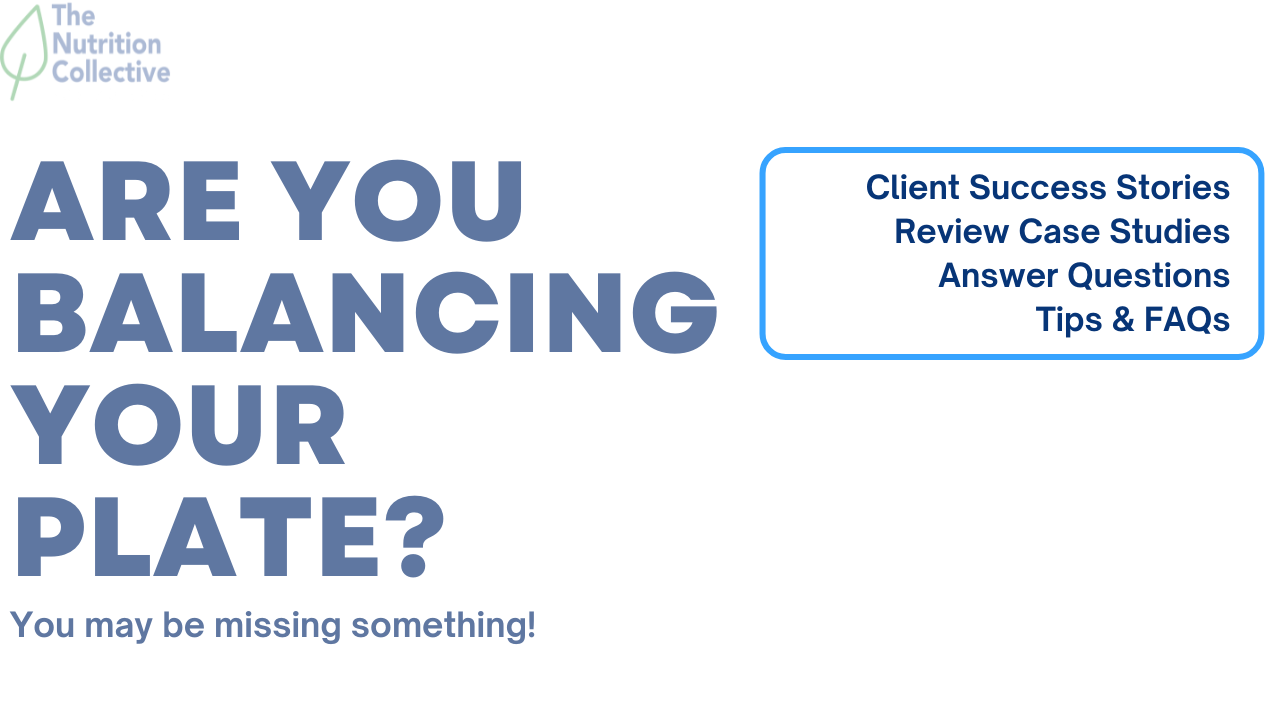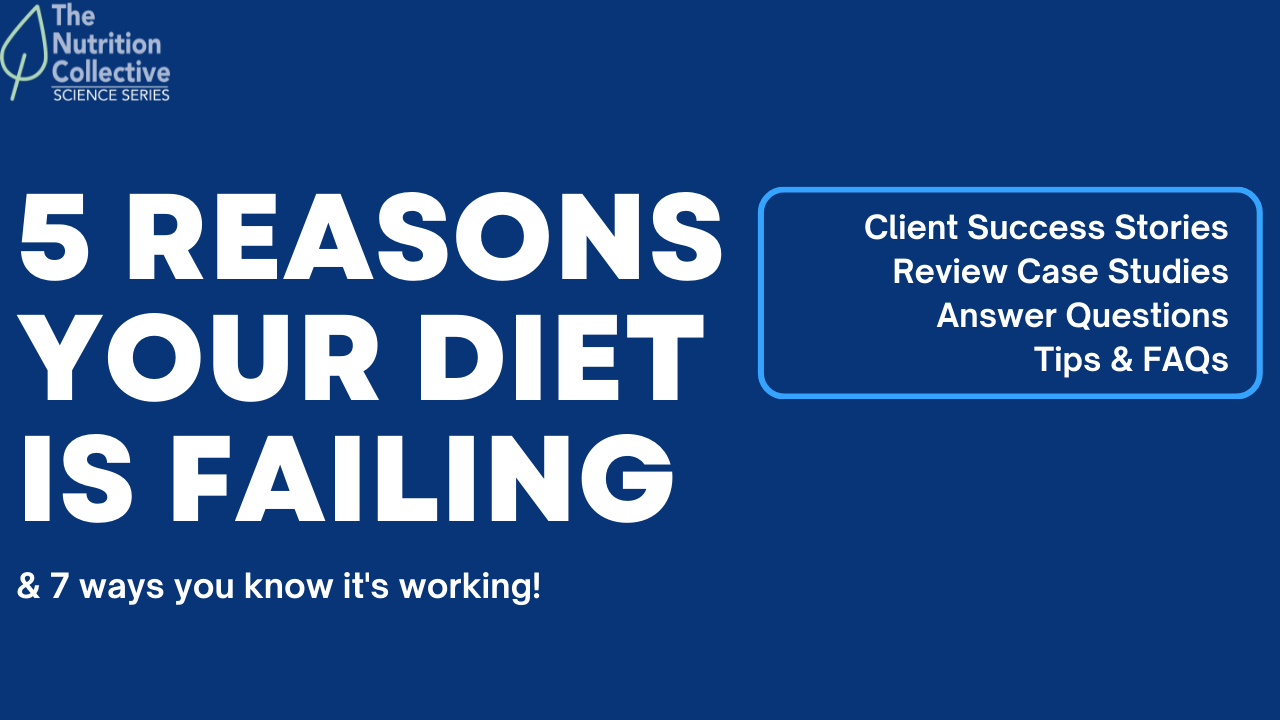Intermittent fasting is all the rage right now. You’ve probably heard about it, or even tried it yourself. But what is intermittent fasting? And is it actually good for you? In this blog post, we will explore intermittent fasting and discuss the science behind it. We will also look at the possible benefits and drawbacks of intermittent fasting and give recommendations on whether or not it is right for you. So, if you’re interested in learning more about intermittent fasting, keep reading!
What is Intermittent Fasting
Intermittent fasting is an eating pattern where you cycle between periods of fasting and eating. The idea behind intermittent fasting is that by restricting your eating to specific times, you can improve your health.
IF Styles
There are a few different ways to do intermittent fasting, but the most common is the 16/eight method. This involves fasting for 16 hours and eating only during an eight-hour window. For example, you might eat only between noon and eight pm. Other intermittent fasting methods include the five-two diet, where you eat normally five days a week and fast for two, and the warrior diet, where you eat one large meal at night and fast during the day.
The Science Behind Intermittent Fasting
Intermittent fasting is said to have a number of health benefits, including weight loss, improved mental clarity, and reduced inflammation. However, most of the research supporting intermittent fasting is sparse and inconclusive.
Caloric Restriction
One of the proposed mechanisms behind the benefits of intermittent fasting is caloric restriction. When you fast, your body is forced to use stored energy, which can lead to weight loss. Additionally, intermittent fasting may lead to a state of ketosis, where your body breaks down fat for energy.
Health Claims
Researchers also found some other possible benefits of intermittent fasting. These include improved mental clarity, reduced inflammation, and improved insulin sensitivity. For example, some research has shown that metabolism functions at its optimum capacity in the earlier hours of the day which suggests that eating early in the morning would produce better results.
Potential Downsides
It is important to note that intermittent fasting is not a quick fix for weight loss. In fact, most of the research on intermittent fasting and weight loss is in animals, not humans. Additionally, the long-term effects of intermittent fasting are not yet known.
Micronutrient Deficiencies
Another potential downside of intermittent fasting is that it can lead to micronutrient deficiencies. When you fast, your body does not have access to vitamins and minerals from food. This can lead to deficiencies in essential nutrients.
Binge Eating
Another potential downside of intermittent fasting is that it can lead to binge eating. When you restrict your eating to specific times, you may end up overeating when you do eat because we are ignoring our body’s internal cues. This can negate any of the possible benefits of intermittent fasting.
Our Recommendations
So, is intermittent fasting right for you? There is no easy answer. Some research has shown that intermittent fasting can be beneficial for health, but most of this research is sparse and inconclusive. Additionally, there are some potential downsides to intermittent fasting that should be considered.
What to Do Instead?
If you’re interested in intermittent fasting, speak with a registered dietitian or doctor first. They can help you to determine if intermittent fasting is right for you and provide guidance on how to do it safely.
Additionally, it’s important to remember that there is no quick fix to health and nutrition. Instead of intermittent fasting, work on balance and listening to your hunger and fullness cues to provide your body fuel no matter what time it is.
Listening to Your Hunger and Fullness Cues
Eating intuitively means being in touch with your hunger and fullness cues and eating accordingly. This can be difficult to do at first, but with practice, it will become second nature.
This process may be difficult at first, but with practice, it will become second nature. Start by paying attention to when you feel hungry and full throughout the day. Then, work on planning meals and snacks that satisfy your hunger without overfilling you. Finally, make sure to listen to your body and practice eating when you’re hungry and stop when you are full.
Start Here…
If you don’t know where to start with this process, we suggest implementing a routine to eat consistent meals throughout the day. It doesn’t have to be perfect every day, but eating every 3-4 hours will provide you the energy you need without getting overly hungry. Here’s an example plan for you:
Breakfast: between 7-8 am
AM Snack: between 10-11 am
Lunch: between 1-2 pm
PM Snack: between 3-4 pm
Dinner: between 7-8 pm
Conclusion
Intermittent fasting is a popular diet trend, but the research behind it is sparse and inconclusive. Additionally, there are some potential downsides to intermittent fasting that should be considered before trying it. If you’re interested in intermittent fasting, speak with a registered dietitian or doctor first.
And remember, instead of jumping on the next trending diet or eating plan, focus on balance and listening to your hunger and fullness cues to provide your body fuel no matter what time it is.







